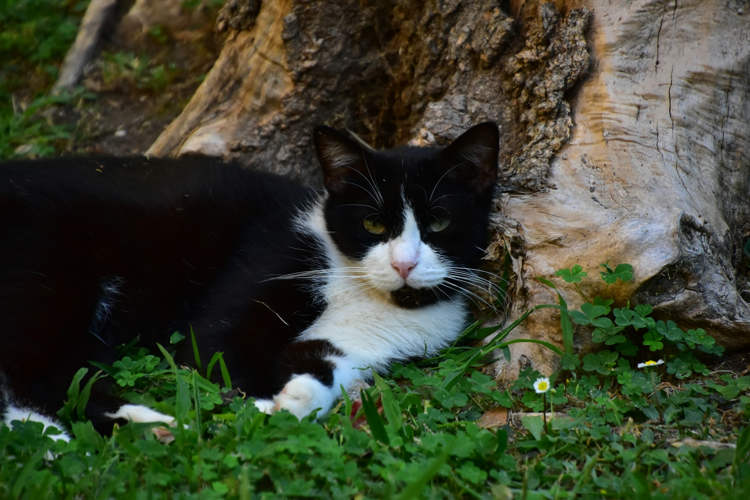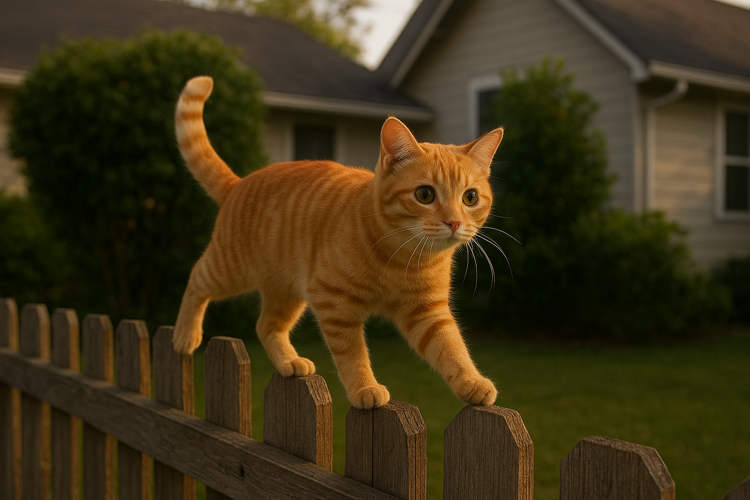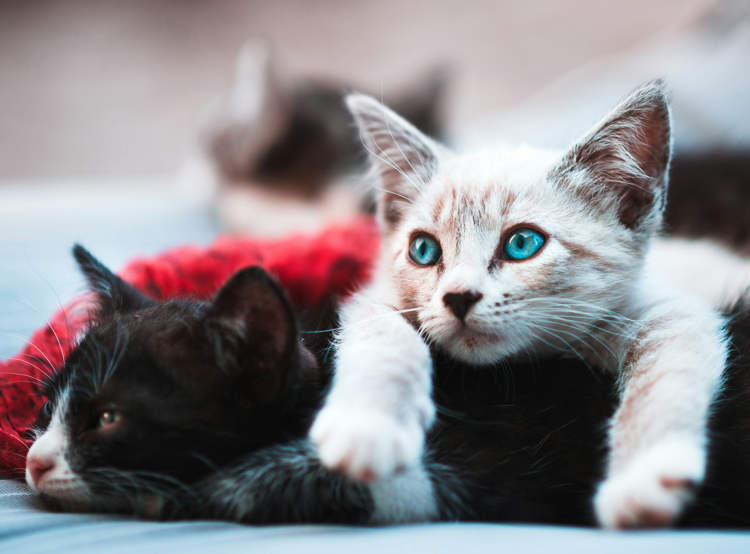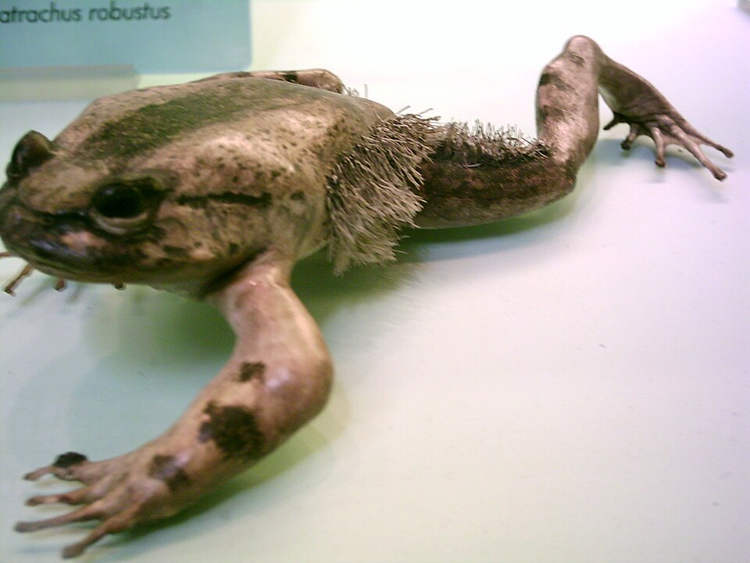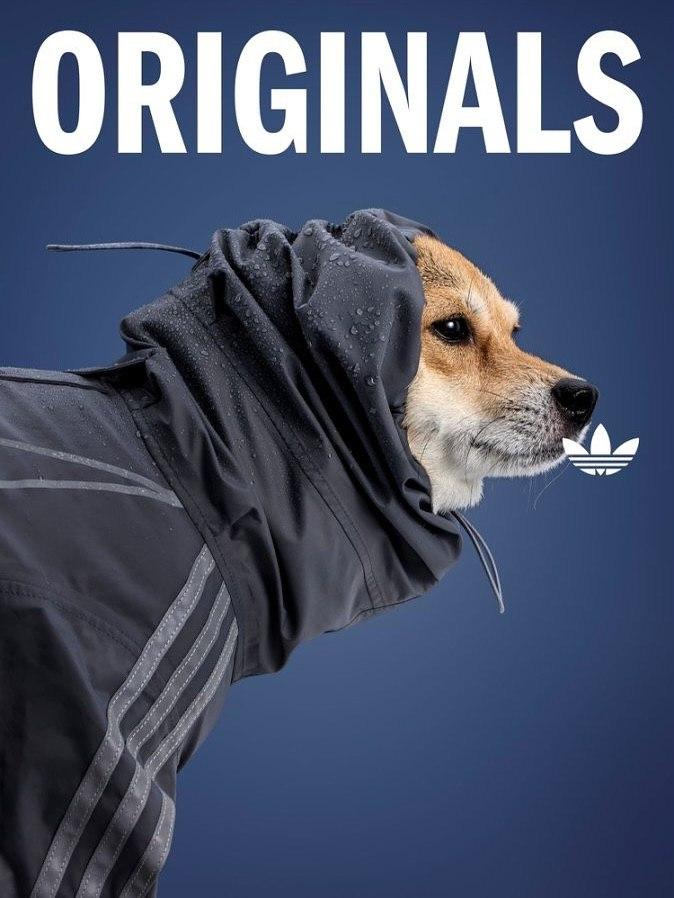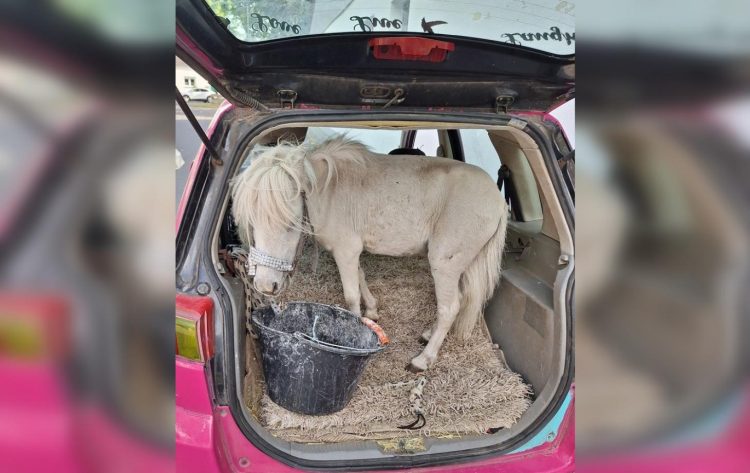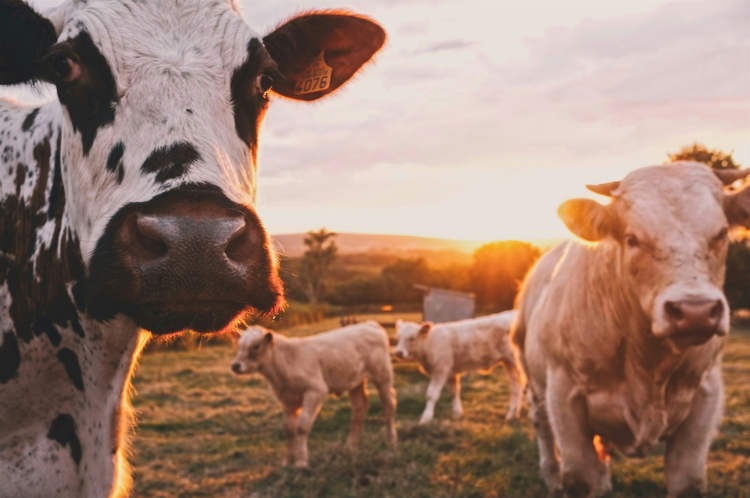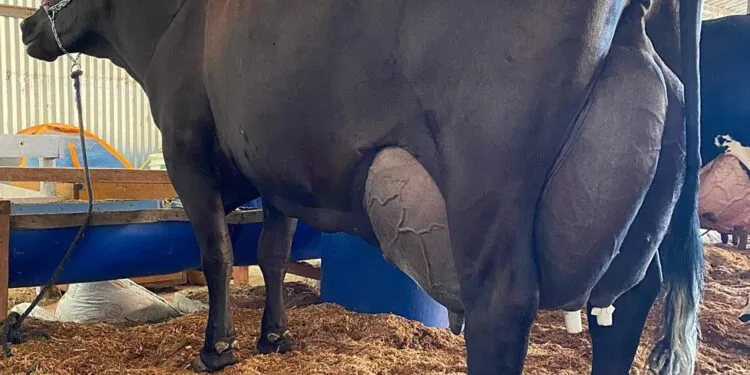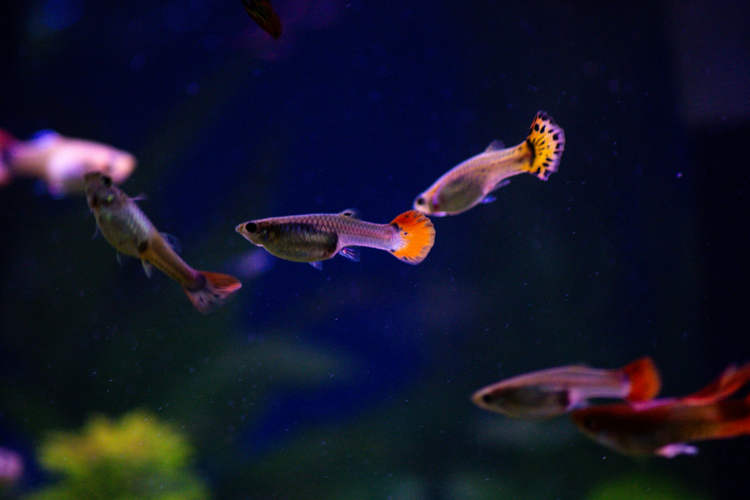I’ve heard of people buying extra pairs of their favorite jeans, but a Louisiana veterinarian has actually gone and gotten himself two extra copies of his favorite dog! Phillip Dupont spent over $100,000 cloning his beloved pet dog Melvin because he simply couldn’t bear to part with him.
Phillip had Melvin cloned about two years ago, and he now has two identical dogs – Ken Gordon, named after his uncle, and Henry Fontenot, named after his friend – with the same traits and characteristics as Melvin. The pups were around for the last year of Melvin’s life, who was nearly 12 when Dupont had to put him down last year, due to his failing health.
Ken and Henry have now replaced Melvin as fixtures at Dupont’s clinic in Lafayette. “They’re maturing into the dog that Melvin was,” said Paula, Phillip’s wife. “I used to tell people that Melvin was the office greeter – my office manager. Ken’s kind of taken his place. Henry has stepped up and is also greeting people. Now they have two dogs meeting people – standing up and putting their paws on my desk.”
Photo: Paula Dupont
The two dogs are so similar that it’s difficult even for the Duponts to tell them apart. But they aren’t identical. Ken is a day older but slightly smaller, and they’re like mirror images with white fur on their legs – one on the left and the other on the right. They both have a black claw on their left front paw. Ken wears a red collar and Henry has a black one for easy identification.
The Duponts had lots of reasons for cloning Melvin – not only did they love him dearly, but considered him the smartest dog they’d ever known. Like this one time when they had lost their keys and Melvin kept looking down at his paw. Finally, they realised that Melvin had been trying to show them where the keys were. And he was also quite friendly and lovable – they’d never had a problem finding a dogsitter for him.
“He was different,” Phillip said of Melvin, who was part Catahoula and part Doberman. “Of all the dogs I had, he was completely different. He listened. You could talk to him and you swore he understood what you were talking about. It was weird.”
Photo: Paula Dupont
So when they saw a show on the Discovery Channel about cloning pets, they were definitely interested. After some research, they found Sooam Biotech, a South Korean company that developed the technology to clone canines for pet owners. “I thought it was a good idea,” Phillip said. “It wasn’t going to hurt Melvin.” So they wrote out a check for $100,000 and the cloning process began.
The first step was to have a local vet take a small biopsy – about a centimeter long – to extract cells from Melvin. Then they replaced the nucleus from Melvin’s cell with the nucleus from a single egg cell from a female donor. An electrical charge, Paula explained, “tricks it into thinking it’s been fertilized.” When the cells replicate, the embryo is then implanted into a female surrogate dog.
The first attempt was unsuccessful – the puppies didn’t live very long. But the second try resulted in Ken and Henry, and the Duponts were very happy. For a while it was like having three Melvins, but when the time came for him to pass two years later, Ken and Henry helped them cope with the loss.
Photo: Paula Dupont
Not everyone agrees that cloning pets is a great idea, though. According to Insoo Hyun, a bioethicist at Case Western University, you need to use a lot of other dogs as egg donors and surrogates just to clone one dog. So that means many dogs are put through surgical procedures. And most of the time, the process doesn’t work.
“If you love dogs and you really want to have your companion animal cloned, you really do need to take very seriously the health and well-being of all the dogs that would be involved in the process,” he said. “I think there are probably better ways to spend $100,000 if you really care about animals.” He also added that cloning only reproduces a genome of your original pet, and that most cloned animals end up pretty sickly.
“Maybe the way your dog interacted with you – and even the way it looks – was also strongly environmentally influenced,” he explained. “You can never duplicate that kind of influence.”
Photo: video caption
But the Duponts have no doubt that they did the right thing. They insist that the clones are healthy and remind them of Melvin all the time. They don’t think other dogs suffered either, based on what they saw on their visit to the lab near Seoul. And they also don’t feel bad about spending so much on their clones when so many other abandoned dogs are in need of homes. According to Paula, there will always be strays on the road and dogs in animal shelters because irresponsible owners don’t spay or neuter their pets. But families who clone their pets don’t do it “with the idea of producing 10 more.”
“We’re looking at having the one special dog again,” they said.
The Duponts now serve as mentors for pet owners around the world who are interested in cloning their own dogs.
Sources: NPR, The Advocate, TODAY





